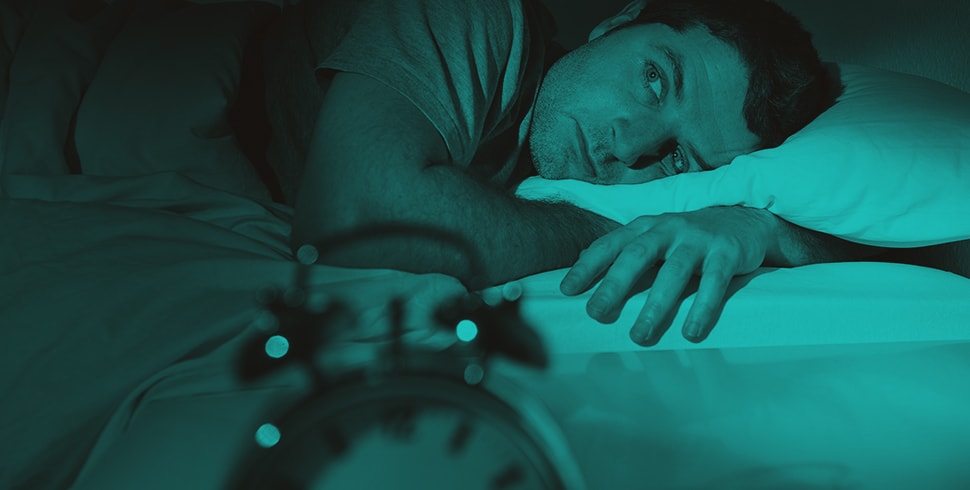Is CBD oil a useful treatment for autism? Autism is a developmental disability that directly impacts a person’s ability to communicate and relate to other people. It’s estimated that around 1% of the UK’s population is affected by autism though that number is likely underestimated.
While doctors do not know the exact cause of autism, there is a strong belief genetic and environmental factors may be the issue. As there is no known cause there is also no cure. However, a variety of interventions (occupational therapy, speech therapy) can lessen the degree of severity.
One of the most controversial treatments that is coming to the fore is CBD oil.
What is CBD?
CBD or cannabidiol is one of the many cannabinoids derive from cannabis. Another well-known cannabinoid is THC (tetrahydrocannabinol).
THC is the key compound found in traditional cannabis. CBD, in contrast to THC, does not create any psychoactive or euphoric feelings.
These days CBD becoming more and more well known for its physiological benefits. These include CBD helping with anti-anxiety feelings and anti-inflammatory properties.
What’s So Special About CBD?
CBD anecdotally seems to alleviate some intractable symptoms of disorders ranging from epilepsy, sleeplessness, and anxiety. These are all common issues for those dealing with autism.
According to Harvard Health Publishing, “the strongest scientific evidence is for its effectiveness in treating some of the cruelest childhood epilepsy syndromes, such as Dravet syndrome and Lennox-Gastaut syndrome (LGS), which typically don’t respond to antiseizure medications.”
In numerous studies, CBD was able to reduce the number of seizures, and in some cases, it was able to stop them altogether. Recently, the FDA approved the first-ever cannabis-derived medicine for these conditions, Epidiolex, which contains CBD. CBD is commonly used to address anxiety, and for patients who suffer through the misery of insomnia, studies suggest that CBD may help with falling asleep and staying asleep.”
CBD is not helpful for everyone who uses it, and, in rare cases, it can cause side effects such as sleepiness or nausea.
How will CBD Help People With Autism?
As we said at the top, there is no cure for the symptoms of autism. Symptoms may include social communication challenges, sensory dysfunction, and restricted and/or repetitive behaviours.
However, there are ways to alleviate the stresses and strains of living with autism. CBD is one of those ways.
By relieving the associated disorders, CBD may help reduce some of the most problematic aspects of autism.
For example, CBD has been associated with restfulness and a relaxed state of mind. Anecdotally, there is belief it causes better sleep and lowers anxiety. These two factors alone could reduce aggressive behaviour. It could also reduce the number of seizures. Lowering anxiety is key to make it easier to learn and for the development of social communication skills.
It's also important to note that sleeplessness and aggression are particularly difficult symptoms for parents, who can quickly find themselves exhausted and overwhelmed.
Aggression, in particular, is one of the most challenging behaviours common to autism—oftentimes, this is a reason a parent may place their child with autism in an institutional setting.
What Does the Research Say?
For too long there have been very few studies done on CBD. However, times are changing and a few full-scale studies have explored the impact of CBD on children with autism. None to our knowledge have explored its impact on adults on the spectrum.
One of the largest studies that took place in Israel included the following finding:
“In 2014, The Ministry of Health began providing licenses for the treatment of children with epilepsy. After seeing the results of cannabis treatment on symptoms like anxiety, aggression, panic, tantrums and self-injurious behaviour, in children with epilepsy, parents of severely autistic children turned to medical cannabis for relief.”
Most of the children involved in this study saw some substantial improvement in their levels of anxiety, anger, and hyperactivity.
Perhaps as a result, they saw significant improvements in social communication, sleep, and self-injury. It should be noted that a small percentage worsened with treatment. But a tremendous bonus is the fact that there were few side effects, and those that did appear (sleepiness and appetite irregularities) were mild.
Additional studies have provided similar results: CBD has proved to be helpful in a majority of cases in lessening emotional and behavioural issues and can even help to improve social communication skills. These preliminary findings, along with the low incidence of significant side effects, are very encouraging. Studies are ongoing in clinics and research centres around the world.
What You Should Know Before Trying CBD
Given all of the positive findings for CBD and the low risk associated with it, it may make sense to try using it with your child with autism (or trying it yourself if you are an adult with autism).
Before buying a bottle of CBD oil, however, it's important to follow these steps:
- Check with your doctor (or your child’s) to make sure there are no allergies or sensitivities that could cause a reaction to CBD
- Check that CBD is legal in your area
- Research sources of CBD to be sure the brand you're using is well-regarded and properly licensed
- Take careful notes so you can make a useful comparison before and after using CBD
What’s the Best Way to Use CBD?
CBD comes in many forms and at varying dosage levels. Many people find that oils taste a little bitter.
For this reason, many people and children prefer chewable candy-like options or CBD gummies. CBD gummies can be colourful and easier to use with a child.
As a general rule of thumb, it’s always best to start with a lower dosage and progress upwards incrementally if necessary. In some instances, a lower diagnosis might actually be more effective.
Lower doses are easier to tolerate than a higher dose.
Talk With Your Doctor
It should go without saying but we’ll say it anyway–Always, always, always speak with your doctor before embarking on a medical treatment. Do not replace any prescribed medications with CBD oil without first consulting your doctor.
Your child's doctor must be aware of the new treatment. They can give further advice and can answer any concerns you might have over your child’s health.
They can also inform anyone that is working with your child that you've started something new. This will then make it easier to report any changes in behaviours or skills.
Take careful notes of any changes you see yourself so you can easily review your records to determine how helpful the new treatment really is and keep an eye open for any troubling side effects. Be sure to communicate any side effects to a doctor or healthcare professional immediately.








